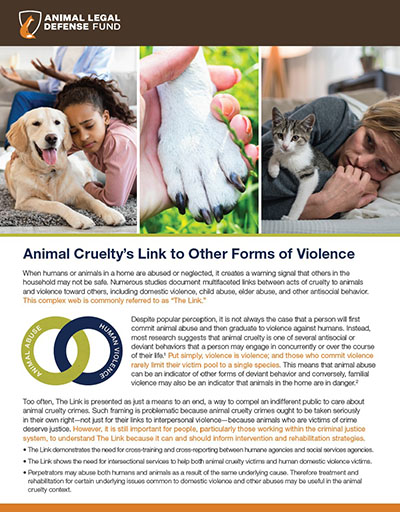Animal cruelty is a pervasive issue that engenders profound ramifications for both the individuals who perpetrate such acts and the innocent creatures that suffer their consequences. This examination of the repercussions of animal cruelty delves into the multifaceted consequences that reverberate through society, illustrating the myriad ways in which the victims—and abusers—experience the fallout of these transgressions.
To understand the gravity of animal cruelty, it is vital to categorize the various forms it takes, including physical abuse, neglect, and exploitation. Each category presents a distinct set of consequences that not only affect the animals involved but also extend into wider societal implications.
The most immediate consequences for animal victims are physical and psychological. Animals subjected to cruelty often endure severe injuries, chronic pain, and debilitating health issues. In extreme cases, these injuries may result in death, leaving behind a trail of grief for animal advocates and surrounding communities. Beyond the visible scars, the psychological torment inflicted upon these creatures can lead to long-lasting behavioral issues. Many animals exhibit signs of anxiety, fear, or aggression following episodes of abuse, rendering their rehabilitation a challenging—and sometimes impossible—task.
But let us not draw our scope too narrowly. The ramifications of animal cruelty extend far beyond the individual animals involved, inherently intersecting with human experiences. Studies have long indicated a correlation between animal cruelty and domestic violence, with abusers frequently directing their aggression towards both animals and humans within the same household. This tragic link underscores a broader societal concern; when an individual exhibits cruelty towards animals, it may act as a precursor to the same behavior being inflicted on humans.
Additionally, the impact of witnessing animal cruelty can induce psychological distress in individuals, particularly children. Young witnesses may develop empathy deficits and desensitization to violence, leading to a cycle of aggression that perpetuates harm across species lines. Animal abuse can erode the fabric of community trust, creating an environment where cruelty becomes normalized or trivialized.
From a legal standpoint, the consequences for abusers can vary significantly based on the jurisdiction. In some regions, animal cruelty is met with stringent penalties, including fines and incarceration. However, the enforcement of these laws can be inconsistent, often depending on the severity of the abuse and the willingness of authorities to pursue cases. The criminal record that accompanies a conviction can follow the abuser, potentially limiting their future opportunities in employment, housing, and social circles. Such repercussions serve as a reminder that the act of harming innocents is not only morally reprehensible but also fraught with personal consequences.
Moreover, the stigma of being labeled an animal abuser can lead to social ostracism. Many communities hold strong values regarding animal welfare, and those who breach these ethics often find themselves ostracized. This social alienation can exacerbate underlying psychological issues within abusers, creating a vicious cycle of isolation and hostility. When individuals engage in cruelty, they may be attempting to cope with their own trauma, but this path tends to further entrench them in patterns of violence, rather than facilitating healing.
It is crucial to explore the economic consequences associated with animal cruelty. Veterinary care for abused animals can be prohibitively expensive, placing a burden on rescue organizations and communities. Taxpayer dollars are often allocated to animal control, investigation, and rehabilitation of victims, divesting resources from other critical public services. When a community fails to address the issue of animal cruelty adequately, the costs can mount, resulting in a financial strain that affects all residents.
Furthermore, understanding the root causes of animal cruelty provides insight into mitigation strategies. Many abusers come from backgrounds characterized by neglect, violence, or substance abuse. Addressing these systemic issues is essential to breaking the cycle of abuse. Programs aimed at education, community outreach, and mental health support have the potential to redirect those at risk and foster a culture of compassion rather than cruelty. Such initiatives can initiate a transformation within communities, promoting empathy towards all living beings.
As we contemplate the consequences of animal cruelty, it is important to advocate for enhanced legal protections and community-based prevention strategies. Creating robust support systems for animal victims, as well as educational programs addressing the psychological impacts of abuse, will not only benefit the animals involved but will cultivate a more harmonious society as a whole.
The repercussions of animal cruelty—though often relegated to the periphery of public consciousness—wield significant consequences for both abusers and victims. As awareness grows and conversations evolve, we must strive to foster a culture rooted in compassion, understanding, and accountability. The charge is upon each of us to create an environment where the suffering of animals is no longer tolerated and where kindness prevails. In the end, we protect not only the voiceless but also the moral integrity of our communities.








